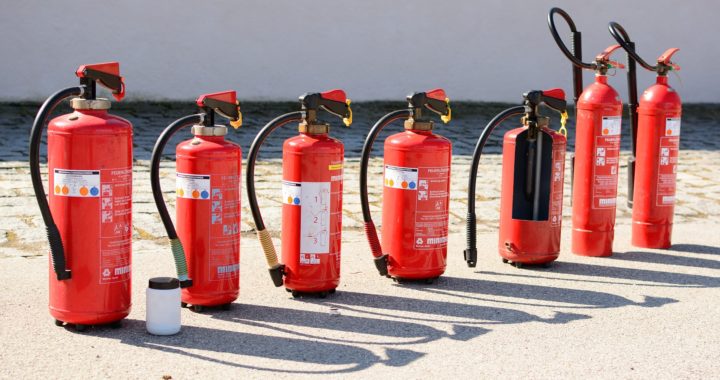As a business owner, you have to be prepared for the unexpected. This means having contingency plans and investing in tools and resources to help mitigate potential disasters. One such tool is a fire extinguisher, which can be a crucial piece of equipment in the event of a fire.
However, even if you have a fire extinguisher on hand, it may not work effectively if it does not have the proper amount of pressure. Fire extinguishers require a specific level of pressure to discharge their contents effectively. Without this pressure, they cannot release the necessary amount of extinguishing agent to extinguish a fire.
With the help of our fire extinguisher service in NJ, you can find and address the issues causing the low pressure in your extinguishers. Below are some common causes of low pressure in fire extinguishers.
Leaks in the Extinguisher Cylinder
Small cracks or holes in the extinguisher cylinder can cause leaks, resulting in a gradual loss of pressure. This loss of pressure reduces the effectiveness of the fire extinguisher over time, putting your safety at risk during an emergency. Regular inspections can identify these issues early, allowing for timely repair or replacement.
Ignoring these leaks can lead to the complete failure of the extinguisher when it’s needed most. A compromised cylinder may seem functional at first glance but can fail under pressure, making it unreliable. Ensuring routine service from a reliable fire extinguisher service in NJ can help maintain optimal performance and safety.
Improper Storage Conditions
Storing fire extinguishers in areas with extreme temperatures or humidity can affect the pressure levels, reducing their performance during an emergency. Excessively high or low temperatures can cause the contents of the extinguisher to expand or contract, affecting the pressure inside.
It is essential to store fire extinguishers in a cool, dry environment between 40 and 120 degrees Fahrenheit. This will help maintain proper pressure levels and preserve the extinguisher’s integrity. Regular checks from our fire extinguisher service in NJ can ensure that your extinguishers are stored correctly and functioning effectively.
Valve or Seal Failure
Worn-out or damaged valves and seals are common sources of pressure loss in fire extinguishers. When these components degrade, the extinguishing agent may leak out slowly. This gradual pressure loss can lead to the extinguisher failing when needed most, increasing the risk during a fire emergency.
Routine maintenance checks can help identify and fix issues with valves and seals before they become major problems. Skilled professionals should perform repairs or replacements to ensure the extinguisher is in proper working condition.
Need Help From Our Fire Extinguisher Service in NJ?
If your fire extinguishers are experiencing low pressure or any other issues, our fire extinguisher service in NJ is here to assist you. Contact us now for help!

